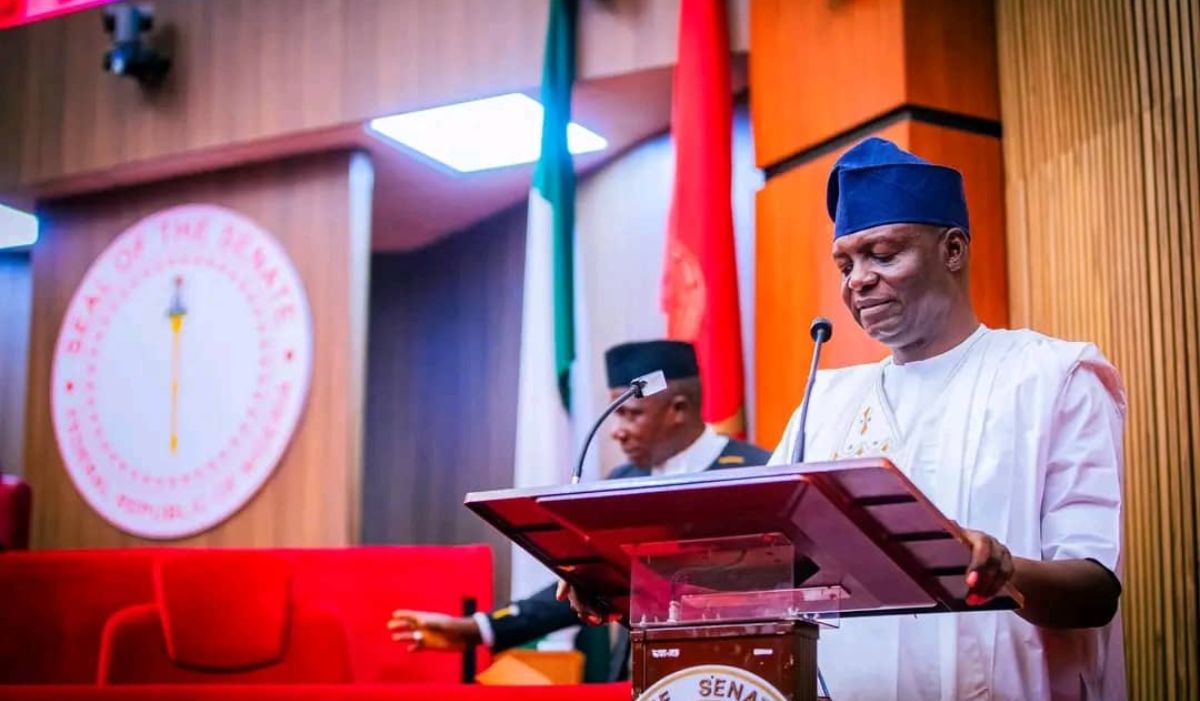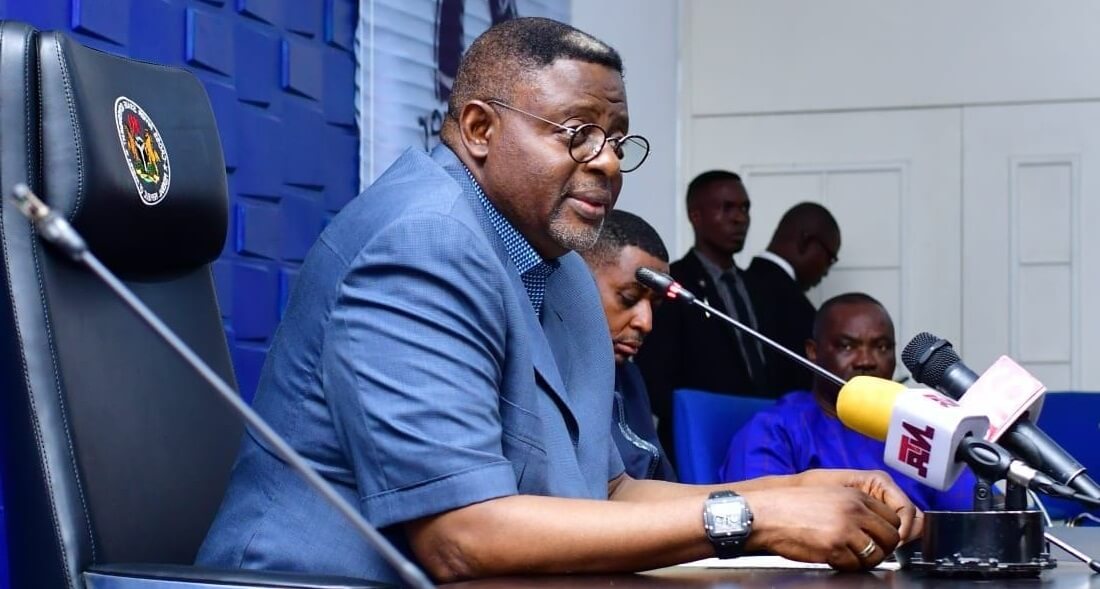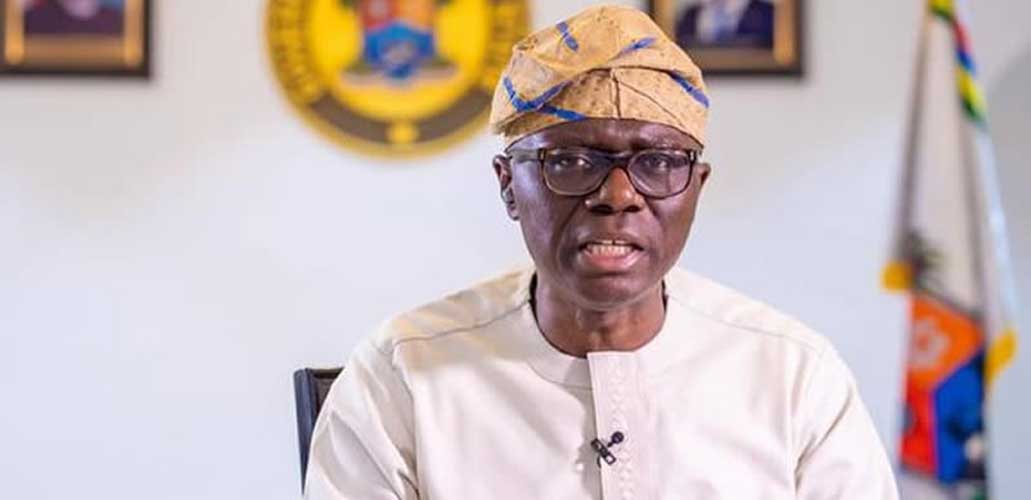How AI Was Used to Identify Poor Communities as Cash Transfer Programme Reaches 29 million Nigerians

The Nigerian Ministry of Humanitarian Affairs and Poverty Reduction has disclosed that it successfully leveraged artificial intelligence (AI) technology to expand its social protection program, reaching nearly 29 million people across the country with cash transfers aimed at alleviating poverty.
This was revealed by the Minister, Prof. Nentawe Goshwe Yilwatda, in an interview with Arise Television on Friday night.
According to the Minister, through an innovative approach involving the deployment of AI algorithms, vulnerable populations were identified by analysing telephone number data, which has significantly enhanced the ministry’s ability to locate and assist those in need.
The Minister added that the technology-driven initiative has added 6.5 million urban poor individuals to Nigeria’s social register, demonstrating the government’s commitment to comprehensive poverty reduction under President Bola Tinubu’s administration.
“AI was used to generate the list of people who are poor within the community using their varied telephone numbers, and AI was also used to generate an additional 6.5 million who are urban poor, which was then added to the social register,” Minister Yilwatda explained during a recent briefing.
Prof. Yilwatda further stated that the program has demonstrated remarkable reach in its implementation phase. Following President Tinubu’s directive to use only verified account numbers for transfers, the ministry has made significant progress in ensuring that funds reach their intended recipients.
“Within six months, under President Tinubu’s directives that we should use only verified account numbers to make transfers to people, we have reached roughly 5.8 million households, totalling nearly 29 million people who have benefited from this payment,” the Minister stated.
The Minister claimed that the impact of the ₦75,000 cash transfers has been particularly notable in rural communities, where recipients have been able to establish small businesses and improve their economic prospects. He added that research conducted in collaboration with the World Bank has provided evidence of the program’s effectiveness in stimulating local economic activity.
“I’m from a rural community. If you meet a rural farmer and give him ₦75,000 — because we also did research with the World Bank — we discovered that up to 18% of the people who received this amount were able to start a business of their own,” Minister Yilwatda noted, highlighting the transformative potential of the cash transfer program.
The social register, which now includes both urban and rural poor populations, has grown substantially to 19.7 million registered individuals. This comprehensive database, according to the Minister, represents one of the most ambitious poverty mapping exercises ever undertaken by the Nigerian government, combining traditional survey methods with cutting-edge AI technology.
The program forms part of the federal government’s broader strategy to address widespread poverty and economic hardship through targeted interventions. The initiative aligns with President Tinubu’s administration’s focus on poverty reduction and social security as key policy priorities.
According to analysts, the use of AI technology in identifying vulnerable populations marks a significant advancement in Nigeria’s approach to social protection, potentially serving as a model for other developing nations seeking to improve the accuracy and efficiency of their poverty reduction programs.





